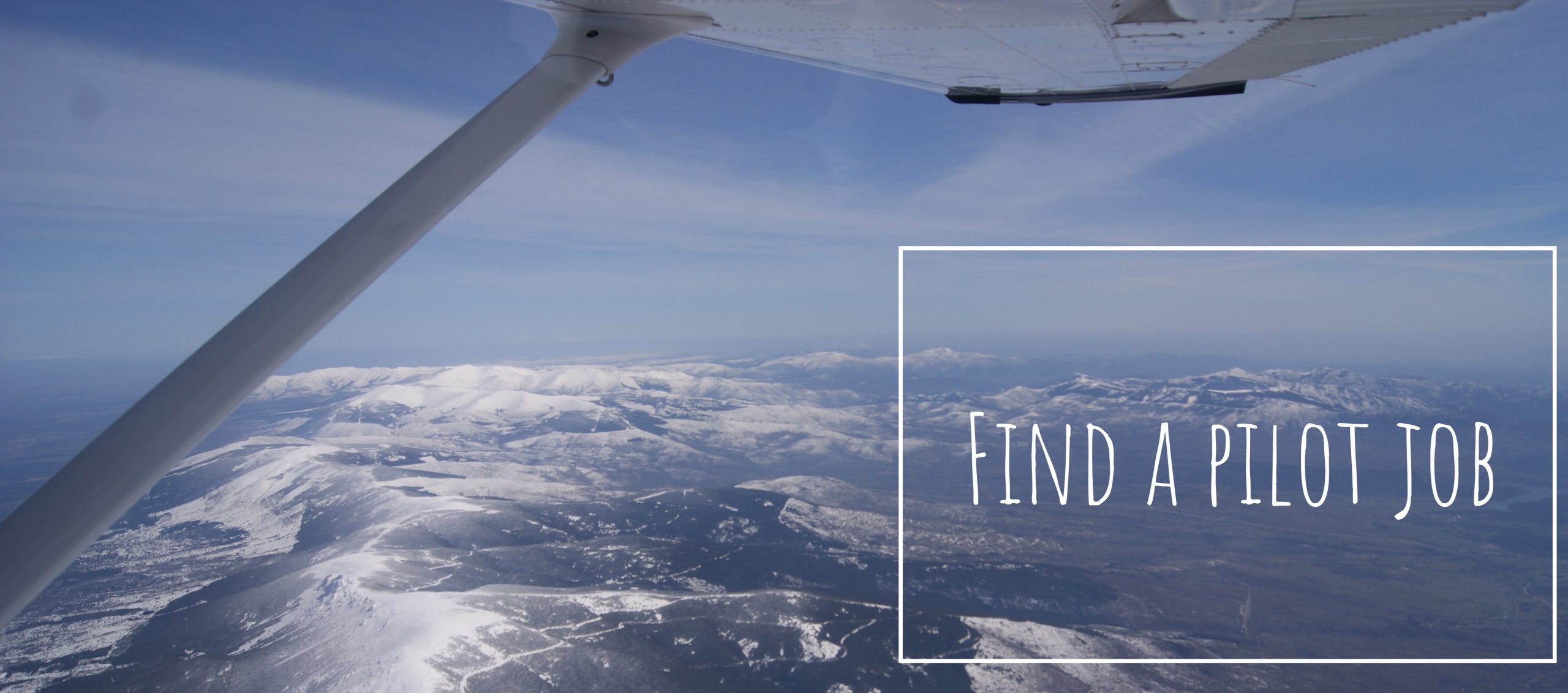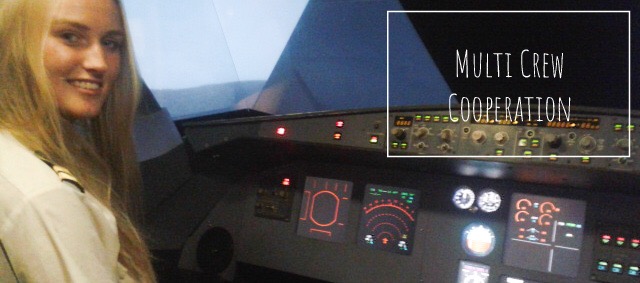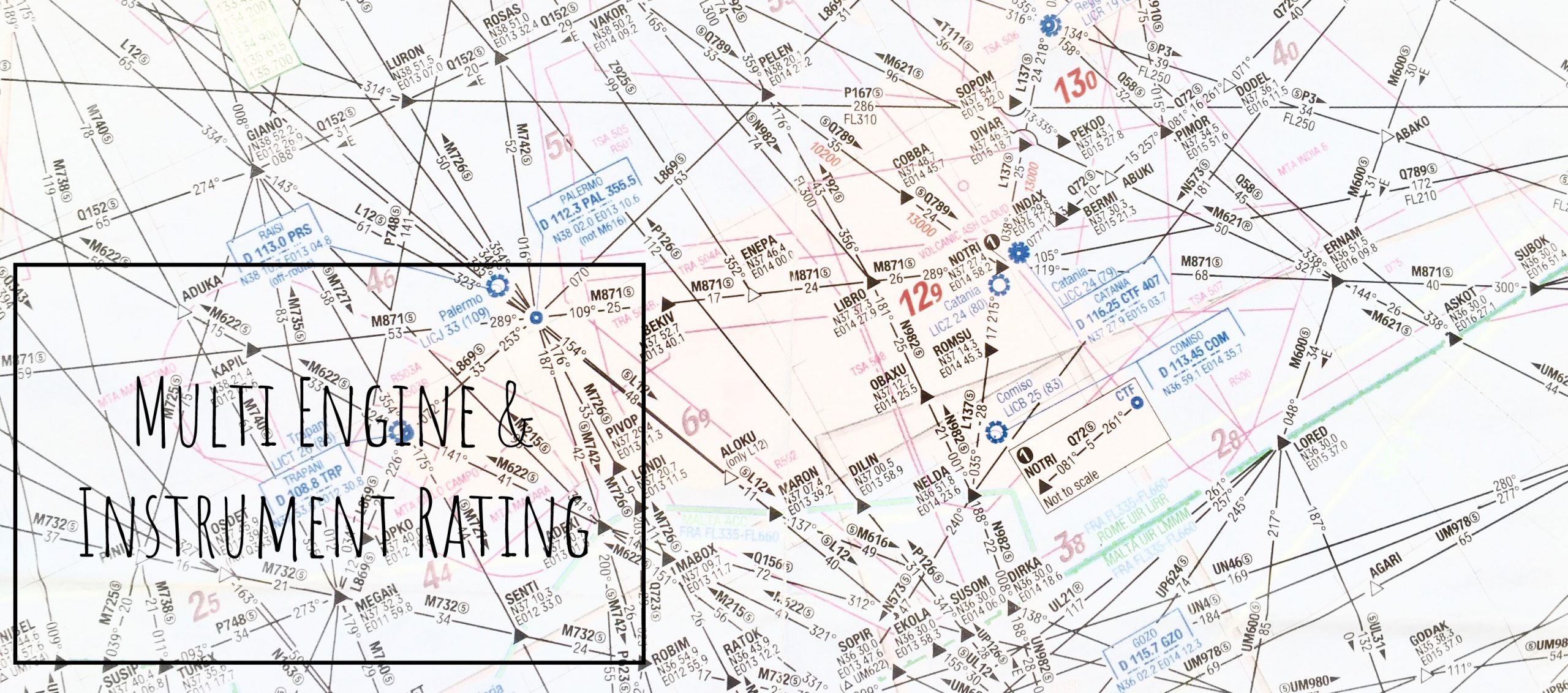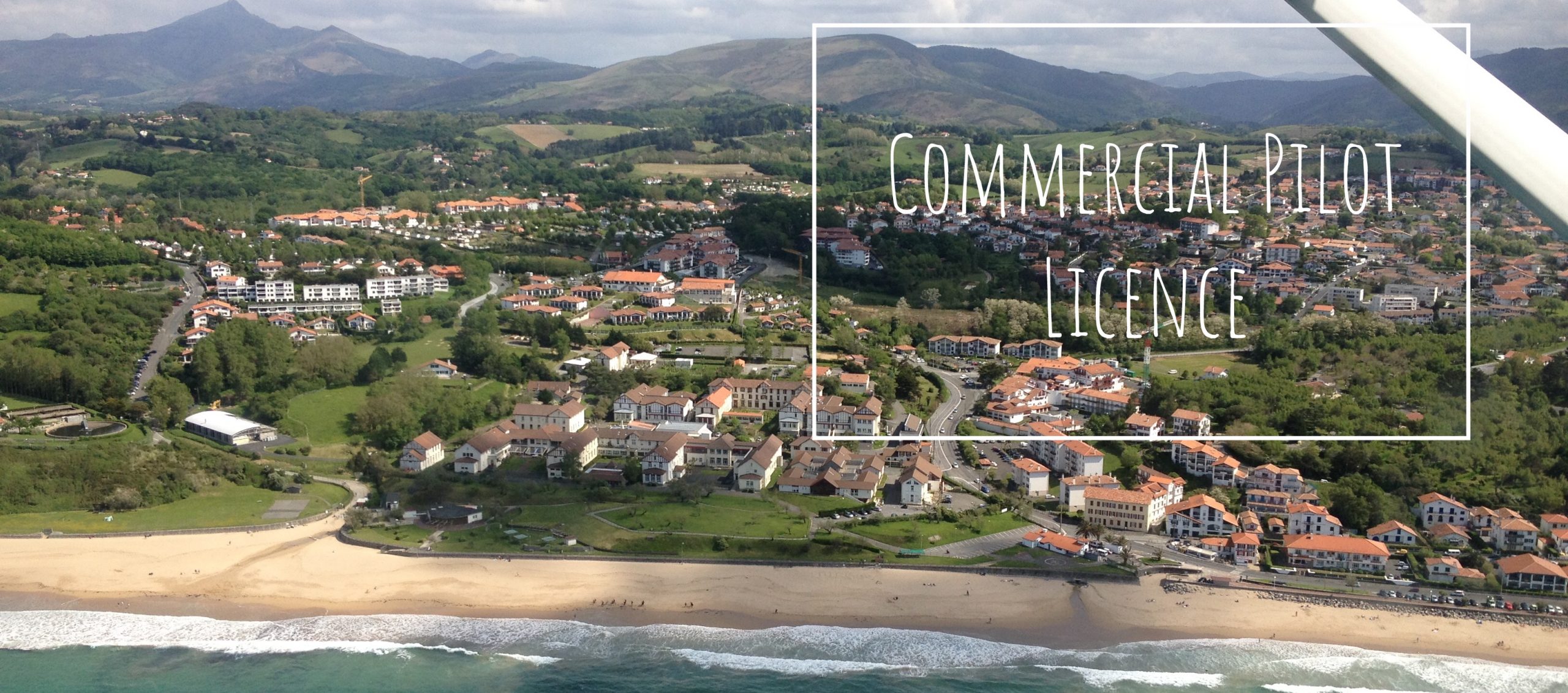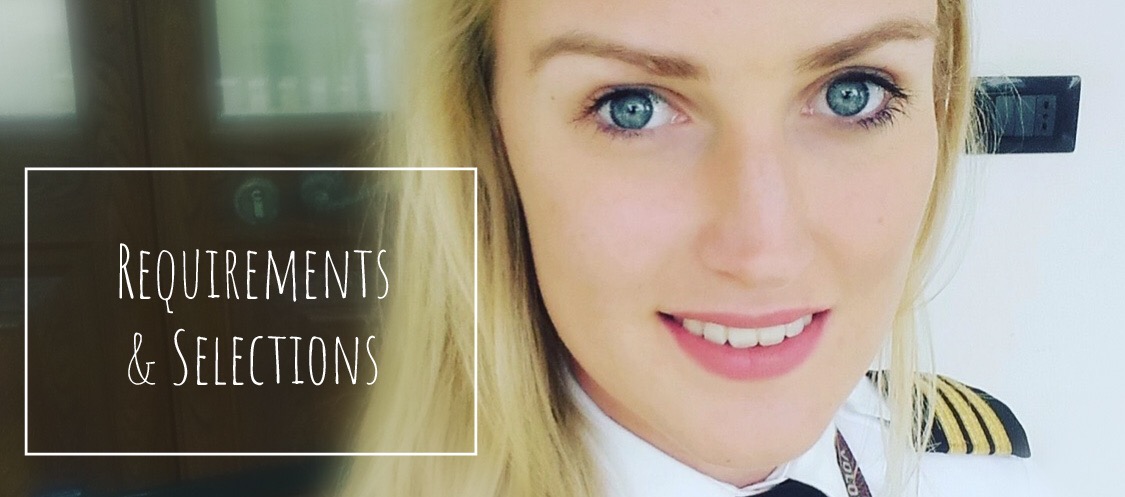30 most common Airline job interview questions
After a question I got on Instagram on how to prepare for the airline job interview, I figured I could make a list of most common airline job interview questions and/or most common flight school interview questions! I figured I could use my network to ask other pilots to contribute to this post, so I’d like to give a shoutout and special thanks to @samc9807, @pilotovyce, @steve.the.pilot, @smrithi__shetty, @troiallan, @_gabripilot_, @f_infante, @pilotmoradi, @iinessbt, @lacopterpilot and @the_better_window_seat!
General (Personal) Questions
- a) Tell me something about yourself.
b) Tell me about your career so far.
c) Why did you become a pilot? - a) Why do you want to work for us?
b) Why should we hire you? - What do you know about this company?
- a) Tell me 3 good and 3 bad things about yourself.
b) What are your strenghts and weaknesses? - Where do you see yourself in 5 years?
- Why did you leave your last job?
- a) What would you do if you could no longer fly due to medical reasons?
b) If you weren’t a pilot, what job would you like to have? - Tell me a situation in which you were in charge of a team.
- a) Tell me a situation in which you had to cope with a difficult colleague.
b) Tell me a situation where you supported a colleague so they could succeed. - a) Tell me about a bad situation which you managed to turn around.
b) Tell me a situation in which you failed at something and how you coped with it.
c) Tell me about a situation where you took initiative or had to think out of the box? - a) How do you deal with failure?
b) How do you deal with rejection?
c) How do you deal with criticism? - How can you, as a pilot, improve the customer experience?
- What does CRM mean to you?
- Do you prefer working independently or in a team?
- What’s the most difficult decision that you ever had to make in your life?


